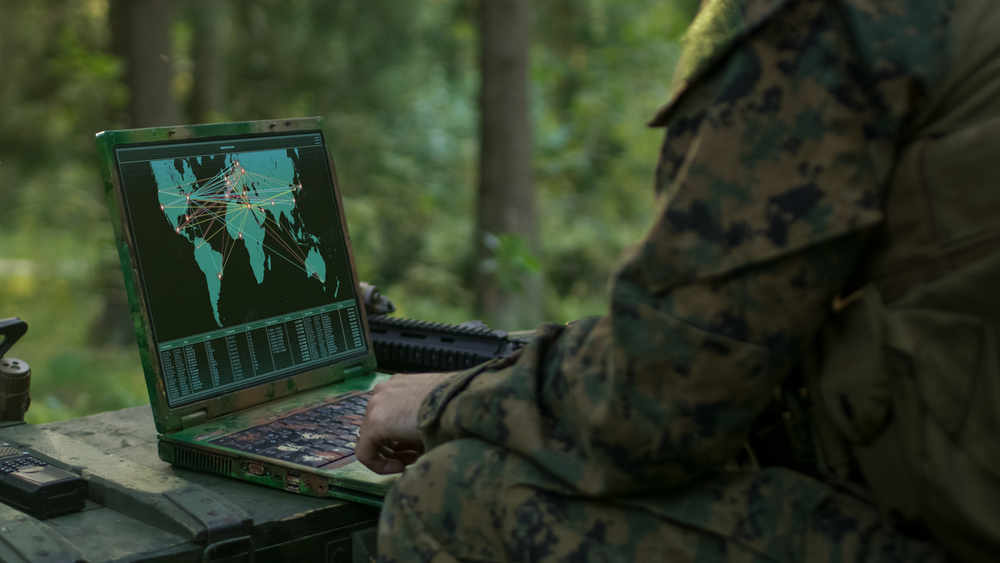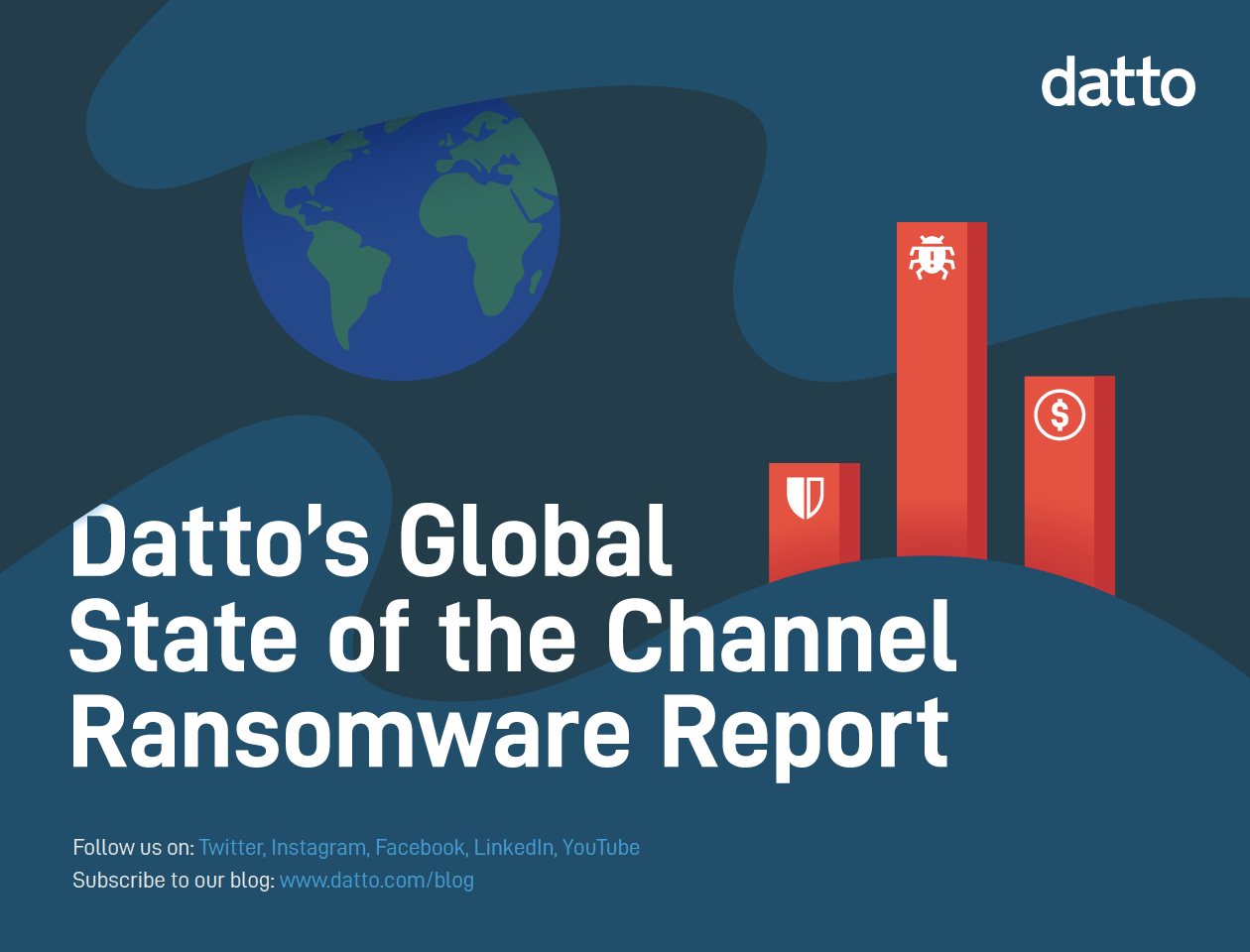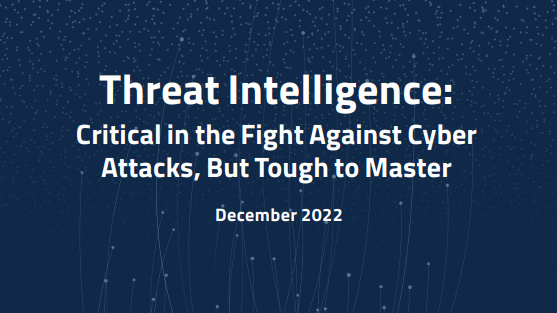UK military used malware to disrupt extremist networks
Experts cite WannaCry with warnings that hacking tools have the potential for severe collateral damage


Using malware as a deterrent, disrupting extremist networks and remotely disabling devices are just some of the ways the UK is fighting on the cyber front lines, the head of the country's strategic command has revealed.
General Sir Patrick Sanders discussed the UK's cyber offensive capabilities on the Sky News podcast Into The Grey Zone, which also featured insight from Jeremy Fleming, the director of GCHQ.
The key theme of the discussion was the Islamic State (Isis) with Sanders speaking in detail about the cyber offensive strategies used against the organisation. Along with the US and other allies, visible military tech has been deployed against Isis, such as warplanes and drones, but there has also been a more covert use of online attacks.
The UK's military has previously suggested the use of 'cyber offensives', but this is the first time it has publicly discussed it.
"I think it sends a really strong signal that we and our allies were not going to leave cyberspace as an uncontested place," Fleming said to Sky News.
"We have to defend it. We have to make sure it's as secure as possible. We have to make sure that it is still underpinning our commerce, our economy, our society and our communities. But equally, when adversaries like Daesh (Islamic State) overstep the line, then they need to expect us to contest it, too."
As part of its cyber campaign, the UK military targeted mobile phones and laptops, devices that Isis extremists used to communicate with their contacts on the ground. The attacks were thought to be successful by stopping senior Isis officers from sending instructions, altering the content of the messages and confusing ground troops. In some cases, the attacks lead foot soldiers into the path of UK and allied troops.
Get the ITPro daily newsletter
Sign up today and you will receive a free copy of our Future Focus 2025 report - the leading guidance on AI, cybersecurity and other IT challenges as per 700+ senior executives
The UK also launched malware against computer servers in various countries around the world to shut down Isis accounts, delete and distort information on their files, and also to remove online posts and videos. It is thought that US cyber operators were also involved in these efforts.
RELATED RESOURCE

The 'Friendly' use of malware by the UK military should come as no surprise to anyone, according to Chris Sedgwick, director of security operations at Sy4 Security.
"The files Edward Snowden released in 2013 highlight the immense capability that GCHQ and other countries within Five Eyes have in relation to hacking personal devices and access to our sensitive data," Sedgwick told IT Pro. "Since then the UK Military has established "77th Brigade" which aims to tackle online disinformation. However, the launching of actual malware should follow very clear legal frameworks and justifications much the same as a physical military attack."
Similarly, malware attacks have the potential for severe collateral damage, according to Mike Beck, global CISO for Darktrace.
"We saw how malware can bleed from initial targets to cause widespread destruction with WannaCry, NotPetya, and Stuxnet" Beck explained. "Cyber conflict is asymmetrical and it is much easier to attack than to defend. The rules of conventional warfare do not apply to cyber and states must strive for good defence, not just good offence."
Bobby Hellard is ITPro's Reviews Editor and has worked on CloudPro and ChannelPro since 2018. In his time at ITPro, Bobby has covered stories for all the major technology companies, such as Apple, Microsoft, Amazon and Facebook, and regularly attends industry-leading events such as AWS Re:Invent and Google Cloud Next.
Bobby mainly covers hardware reviews, but you will also recognize him as the face of many of our video reviews of laptops and smartphones.
-
 Bigger salaries, more burnout: Is the CISO role in crisis?
Bigger salaries, more burnout: Is the CISO role in crisis?In-depth CISOs are more stressed than ever before – but why is this and what can be done?
By Kate O'Flaherty Published
-
 Cheap cyber crime kits can be bought on the dark web for less than $25
Cheap cyber crime kits can be bought on the dark web for less than $25News Research from NordVPN shows phishing kits are now widely available on the dark web and via messaging apps like Telegram, and are often selling for less than $25.
By Emma Woollacott Published
-
 Three ways to evolve your security operations
Three ways to evolve your security operationsWhitepaper Why current approaches aren’t working
By ITPro Published
-
 Beat cyber criminals at their own game
Beat cyber criminals at their own gameWhitepaper A guide to winning the vulnerability race and protection your organization
By ITPro Published
-
 Quantifying the public vulnerability market: 2022 edition
Quantifying the public vulnerability market: 2022 editionWhitepaper An analysis of vulnerability disclosures, impact severity, and product analysis
By ITPro Published
-
 Same cyberthreat, different story
Same cyberthreat, different storyWhitepaper How security, risk, and technology asset management teams collaborate to easily manage vulnerabilities
By ITPro Published
-
 Business value of ServiceNow security operations
Business value of ServiceNow security operationsWhitepaper Experience transformational gains from automating workflows and data-sharing among IT, security, and risk teams to rapidly remediate threats
By ITPro Published
-
 Cybercriminals are resilient. How about you?
Cybercriminals are resilient. How about you?Whitepaper Stay ahead of those agile bad actors
By ITPro Published
-
 Threat Intelligence: Critical in the fight against cyber attacks, but tough to master
Threat Intelligence: Critical in the fight against cyber attacks, but tough to masterWhitepaper Discover why many claim Threat Intelligence is extremely important in protecting their company and data
By ITPro Published
-
 State of ransomware readiness 2022
State of ransomware readiness 2022Whitepaper Reducing the personal and business cost
By ITPro Published